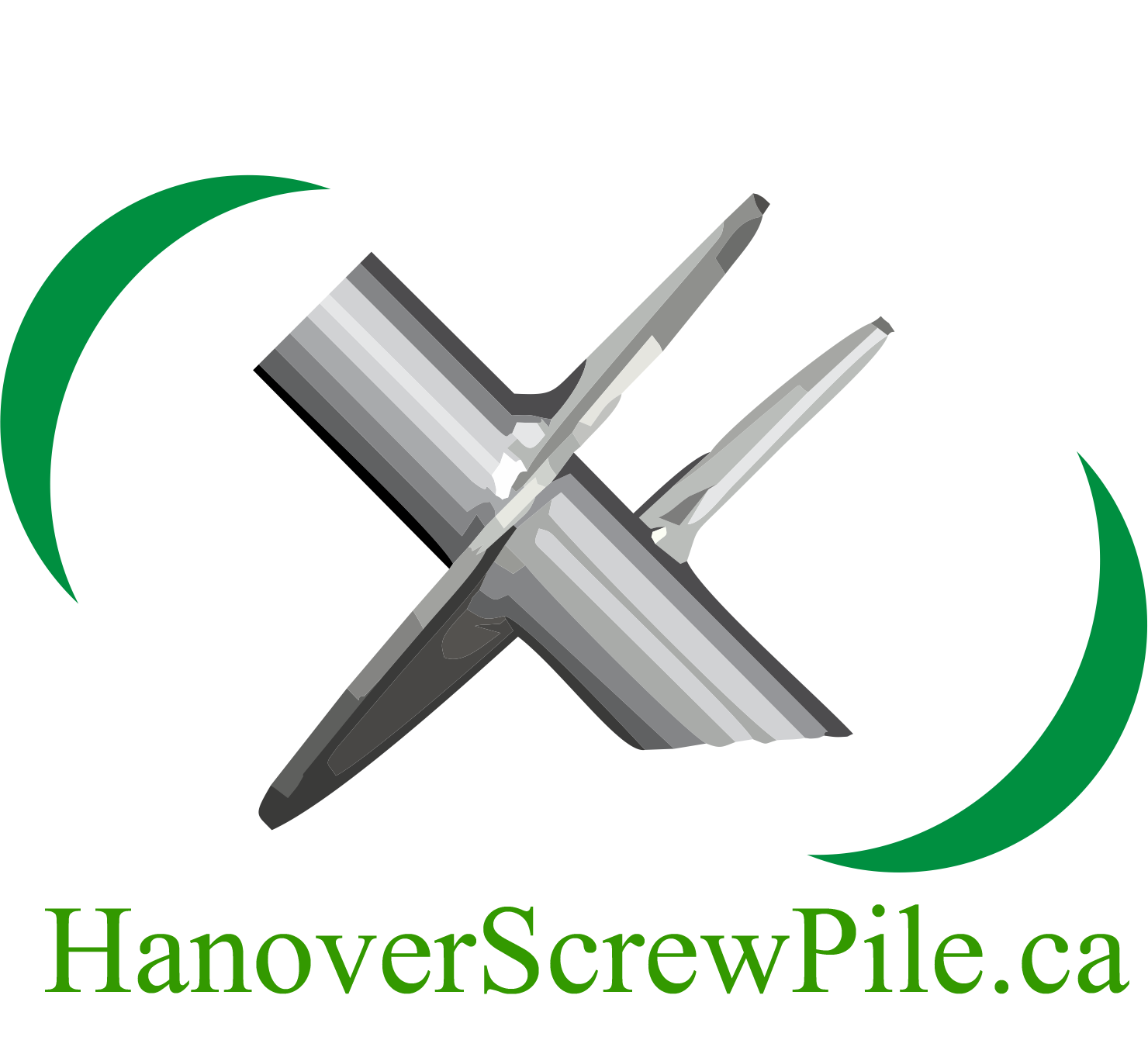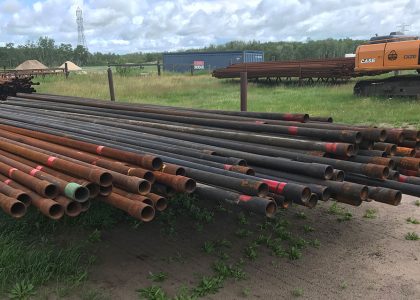When it comes to foundation piles in Canada, steel selection isn’t just a matter of what’s available in the yard — it’s about meeting the National Building Code of Canada (NBC) and its referenced material standards. One question that comes up often in the piling industry is whether API-5CT J55 oilfield casing can be used as piling pipe for buildings.
The short answer? Not without proper certification to the right standard. Let’s break it down.
What the NBC Requires for Steel Piles
The NBC doesn’t directly list every acceptable steel grade. Instead, it points to referenced standards for structural steel design and fabrication, including:
- CSA S16 – Design of Steel Structures
- CSA W59 – Welded Steel Construction
- CSA W47.1 – Certification of Companies for Fusion Welding of Steel
For piling pipe, the recognized supply standards are typically:
- ASTM A252 – Welded and Seamless Steel Pipe Piles
- ASTM A500 or CSA G40.21 – Structural Hollow Sections
- CSA Z245.1 – Steel Line Pipe
These are the specifications building officials and engineers expect when approving foundation piles.
What J55 Is — and Why It’s a Problem
J55 is an API 5CT grade for oilfield casing and tubing. It’s designed for oil and gas wells, not as a structural building material.
On its own, J55 is not one of the NBC-referenced structural or piling standards. This means an Authority Having Jurisdiction (AHJ) may reject it for building piles unless it can be proven equivalent and certified accordingly.
When J55 Can Be Accepted
If the pipe is dual- or multi-certified — for example, it meets both API 5CT J55 and ASTM A252 (or CSA G40.21) — then an engineer can design and stamp it for use in piles under CSA S16.
The key is documentation:
- Mill test reports showing compliance with an NBC-recognized standard
- Welding performed under CSA W59 by a company certified to CSA W47.1
- Engineering design sealed by a licensed professional
Without this paper trail, J55-only pipe will not meet the letter of the code.
Why It Matters
Using steel outside the recognized standards isn’t just a paperwork issue — it’s about ensuring:
- Structural reliability under design loads
- Consistent quality control in manufacturing
- Regulatory compliance to avoid costly project delays
Municipalities and engineers have become increasingly strict, especially regarding used oilfield casing in residential and commercial foundation work.
Bottom Line
If you’re planning a piling job in Canada, stick to NBC-referenced steel grades or ensure your J55 pipe is multi-certified to a recognized piling or structural standard.
J55-only pipe is not a shortcut — it’s a code compliance risk.
✅ Need Help Navigating Pile Material Compliance?
We work with builders, engineers, and municipalities to ensure piling materials meet Canadian code requirements. Contact us for a consultation on approved steel grades, testing, and documentation.


